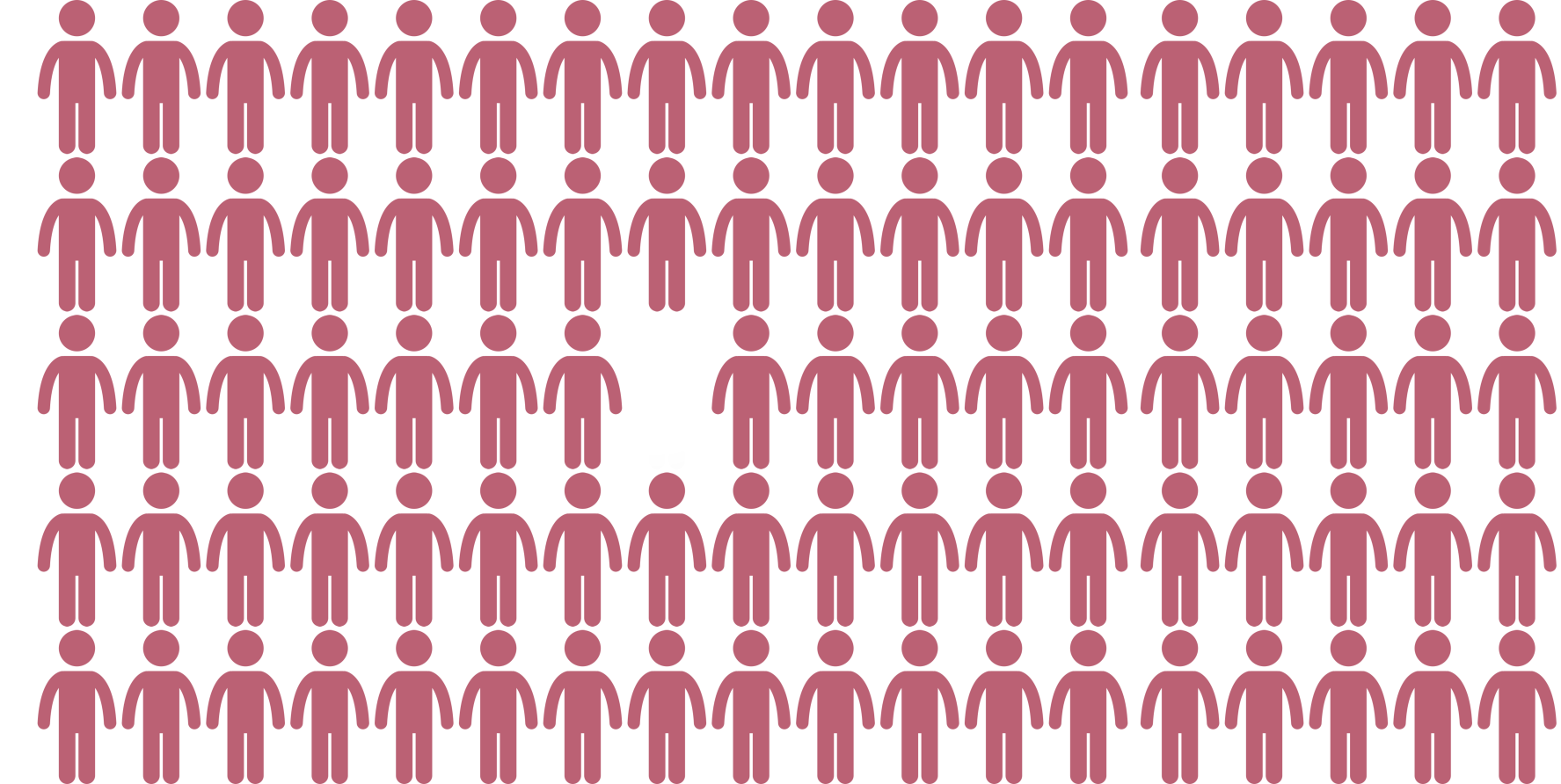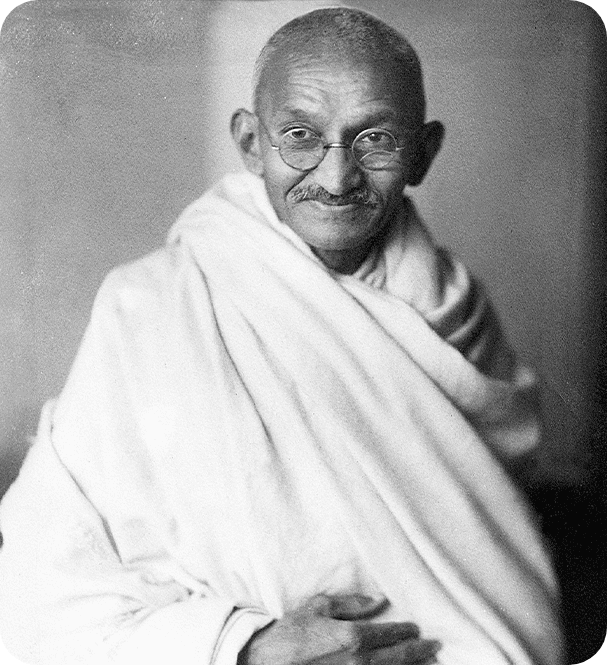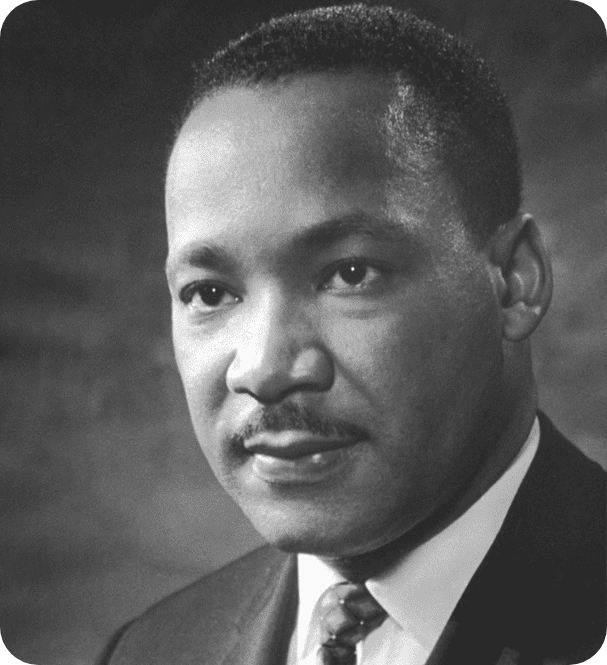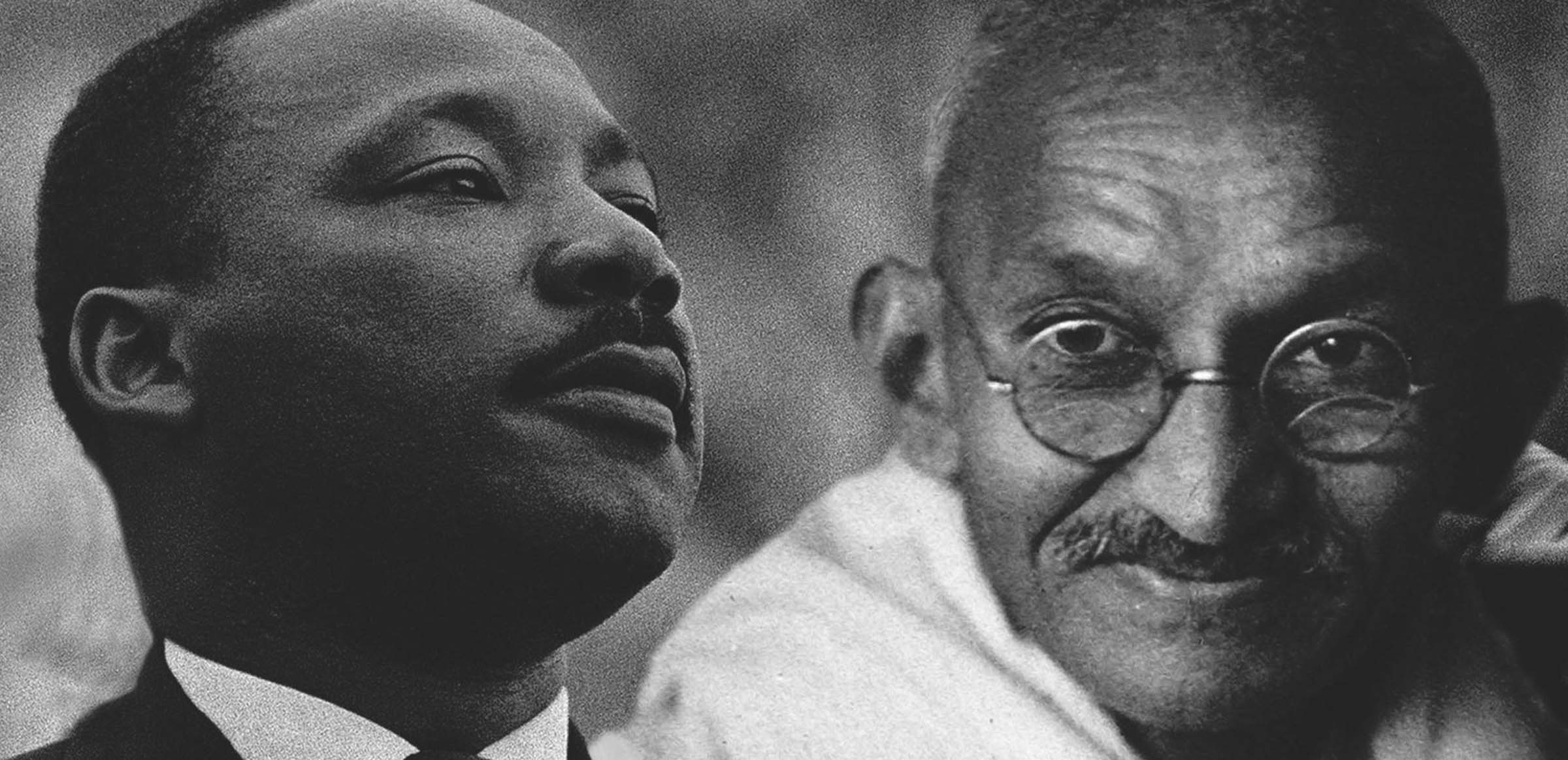
Together for Peace, Justice, and Equality.
Honoring the Legacy of MLK & Gandhi.
Honoring the Legacy of MLK & Gandhi.
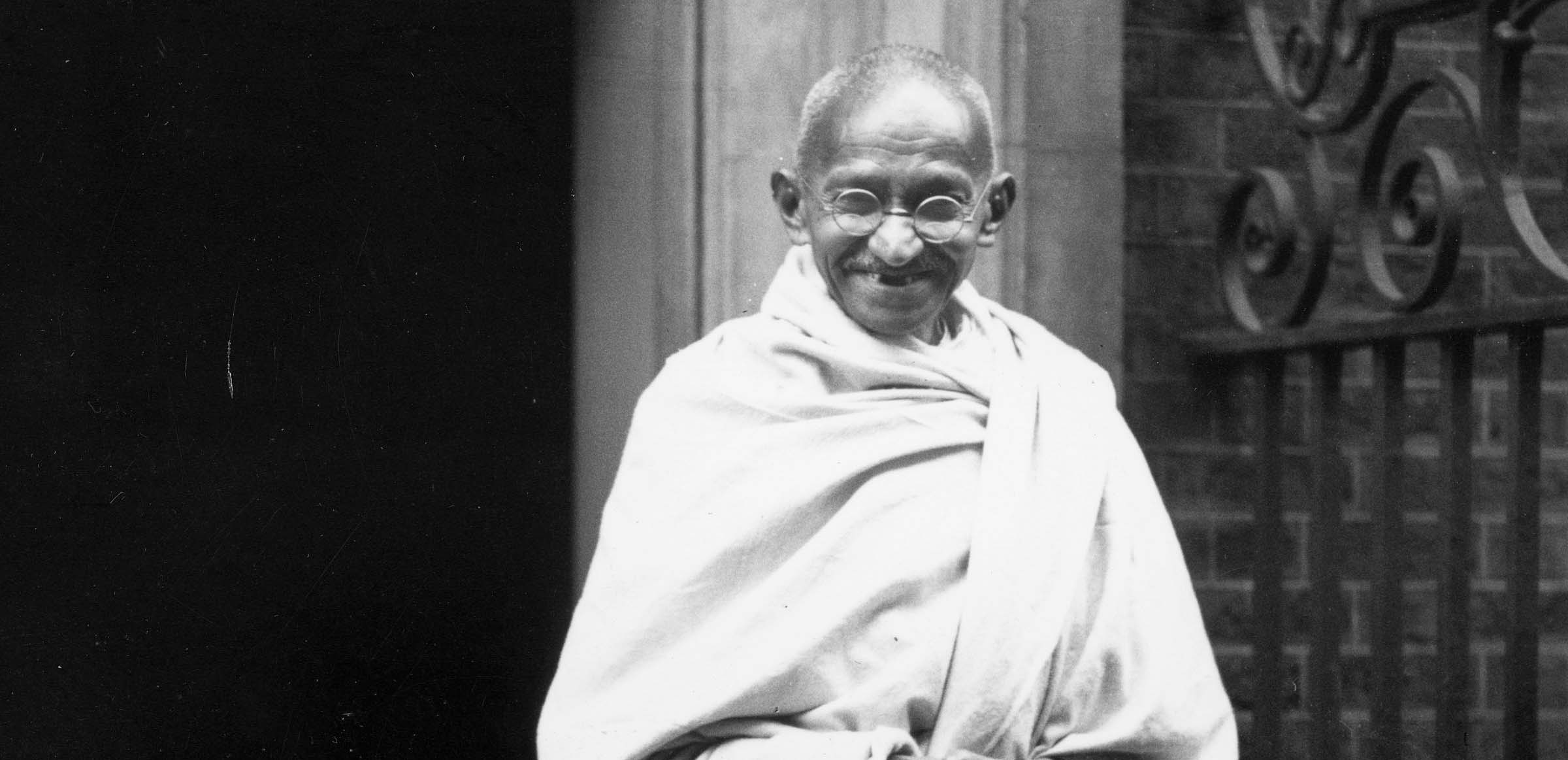
Nonviolence is the greatest force of humanity.
Together, we stand for truth and justice.
Together, we stand for truth and justice.
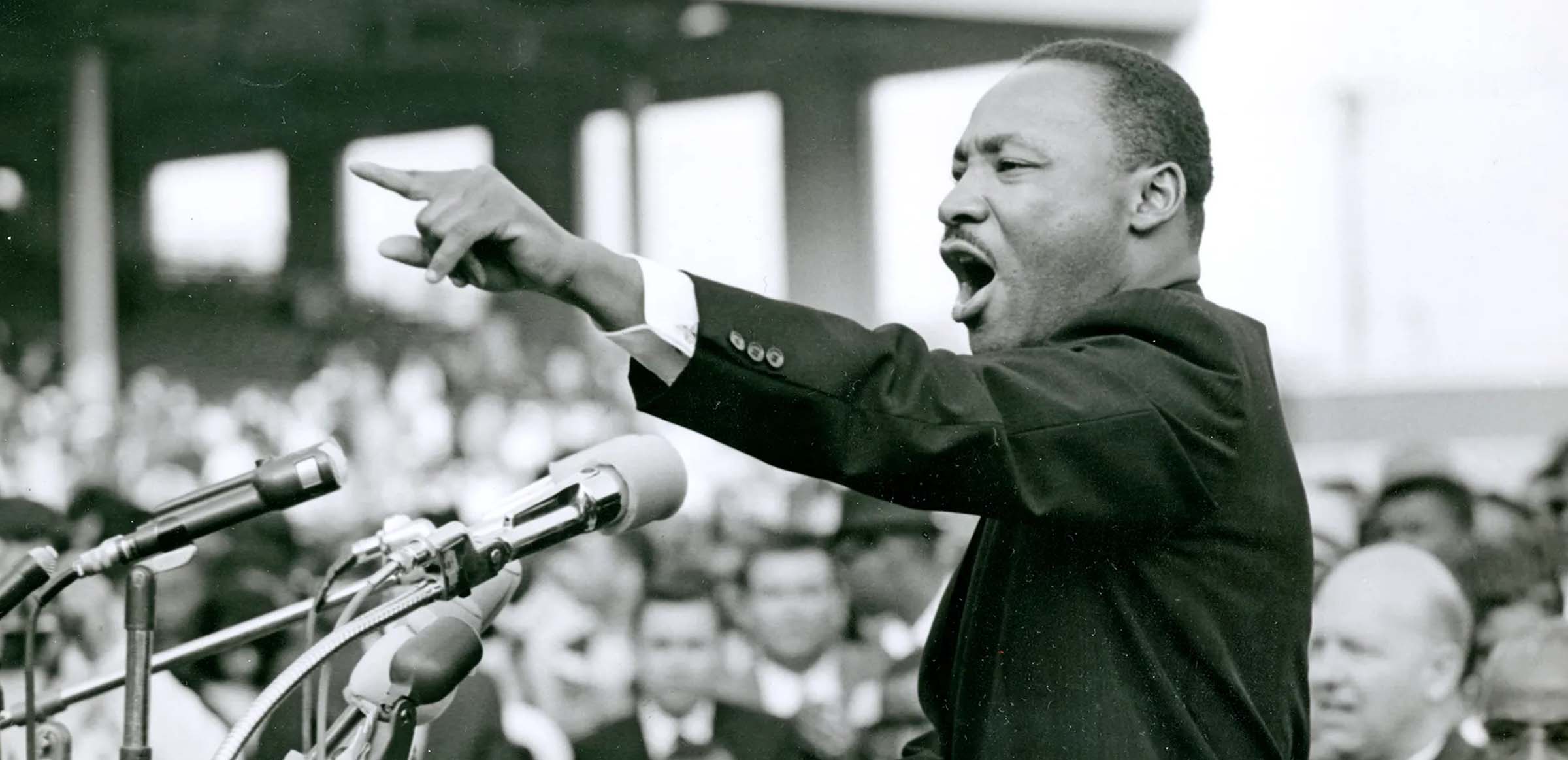
Injustice anywhere is a threat to justice everywhere.
Stand for equality, rise for change.
Stand for equality, rise for change.
 info@mlk-gandhi.org
info@mlk-gandhi.org






